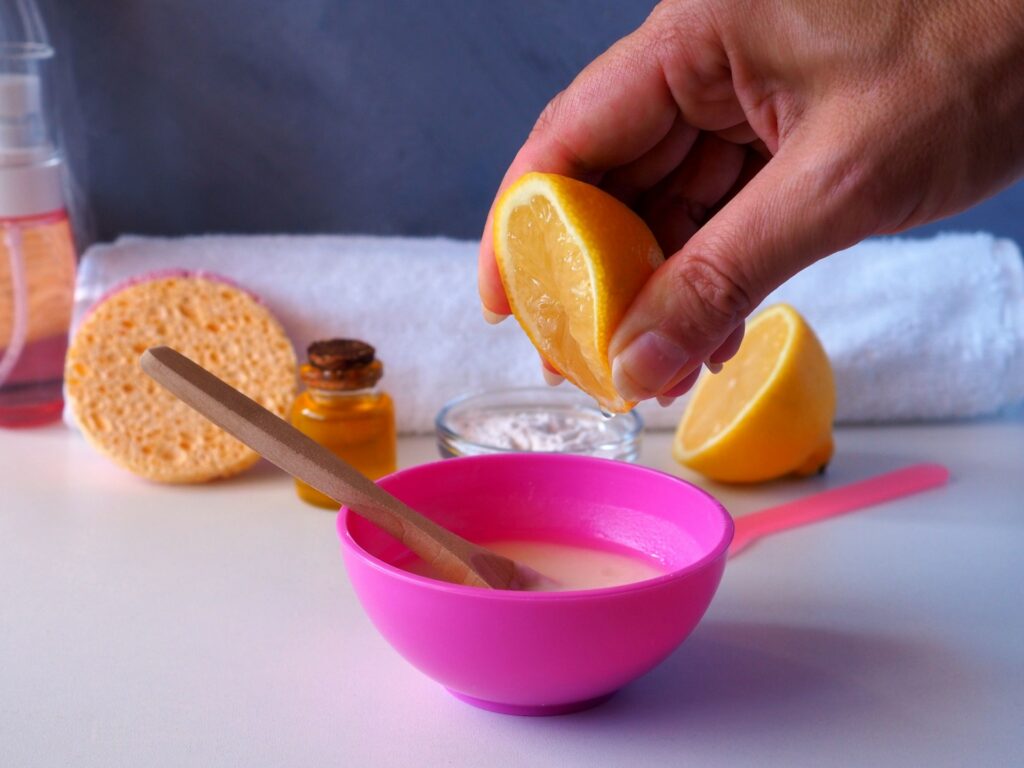Ten Skin Care Products That WON’T Radiate Your Skin

Most people grow up with some myths about skin care as generations pass misinformation down to the next generation, and they pass it on to the next. Some home remedies for skin care have been around so long nobody even knows where the idea originated. However, ten things are worse than the others when putting them on your skin to achieve radiant beauty.
It is likely that somewhere along the way, someone in your family, or a friend, tried something, and it magically worked. Unfortunately, some products do more damage to the skin than good, and it is best to avoid them. Some on the list may surprise you, but if you are currently using products with these ingredients, you can always ask a professional dermatologist, and they can provide alternative products that are better for your skin and will get you to the radiant beauty you are striving for faster!
Witch Hazel Tops Popular Home Remedies
The myth about witch hazel probably came from the fact that the plant acts as an astringent, which causes the skin to contract. It is most commonly associated with use to treat acne, fight oily skin, and tighten pores. Regular use of this product can cause allergic reactions, dryness, and irritated skin. Beware of toners that contain witch hazel because they tend to strip away all the oils off the skin. Over dry skin may respond by producing more oils, leading to acne and other skin issues.
Hydrogen Peroxide Is Often Overused
As far back as time, hydrogen peroxide has had its place in medicine cabinets nationwide. Used for cleaning wounds and lightening hair and skin (this is going back to the 80s!), this inexpensive and easy-to-get product is not all it is cracked up to be. Hydrogen peroxide is also popularly known to fight pimples because it kills bacteria, but it can also damage good skin cells that are needed to create new tissue and heal.
Deodorant is Not for Your Face
Although this may sound odd at first, it would surprise most how often people attempt to use deodorant on their face and other body parts that are sweating. Deodorants can clog pores and cause unwanted breakouts. Deodorants are not designed for the face, and facial skin is more sensitive than most of the body’s largest organ. If you want to address excessive sweating, exceptional dermatology offices can suggest products, treatments, or medications to address this issue.
Coconut Oil Is Not Tropical Paradise on the Face
Coconut oil has so much hype surrounding it. Many believe it is magical in its ability to care for the skin. Coconut oil has lauric acid, which is probably why people think it can help acne. However, most coconut oil is saturated fat which undeniably clogs pores. Coconut oil may be an excellent product for eczema or dehydrated skin but avoid using it on your face.
Steroid Creams (Hydrocortisone)
Steroid creams have become a “go-to” treatment for red and itchy skin. This product is better used on bug bites and rashes for a few days, but prolonged use is not recommended. Avoid the temptation to smear it on your face to deal with rosacea. The steroid products thin the skin, which makes blood vessels more vulnerable to bursting. These creams can also trigger the skin to overreact and cause steroid acne.
Hair Color on Eyebrows Is a No-No
It is tempting to dab some hair dye over your eyebrows when matching them to hair color. However, most hair dyes’ chemicals are harsh and unsuitable for facial skin. Often, loads of peroxide can burn the skin and harm the eyes. Instead, finding shadow powder or tinted brow gel in your local cosmetic aisle is recommended.
Body Lotion Is Not a Facial Moisturizer Alternative
It is tempting to grab the body lotion when you find yourself out of facial lotion. Body lotion is thicker and will clog those sensitive facial pores. Try to resist the urge to use body lotion as a substitute due to the likelihood that it will not allow the facial skin to breathe as it needs to, and the ingredients may cause an allergic reaction. When it comes to body lotion and facial lotion, try to choose non-comedogenic and perfume free!
Setting Your Makeup Should Not Include Hairspray
Hair spray is a product that is often associated with multiple uses. Some claim it works on pantyhose runs and reduces static cling. No matter how many uses hair spray may or may not have, it should not be used to set makeup. The sticky ingredients will dry skin out, cause adverse reactions, and result in a total makeup re-do.
Lemon Juice’s Acid Can Irritate Skin
Although not short on Vitamin C, the promise of smoothed line and brighter skin should not mislead people from using it directly on the skin. The acid can cause a rash and be too harsh for facial skin. If you are facing any reactions, please visit an excellent dermatologist immediately.
Keep the Glue in The Kindergarten Room
Just because it is on social media does not make it true or good! Using glue has become a trend, as some people have used it as a face mask to remove blackheads. Allowing glue to dry on your face will not remove blackheads but break blood vessels, irritate the skin, and strip away a vital layer of your facial skin.
If you live in the Atlanta area, Dr. Sherrie Straughn at Buckhead Dermatology is the best in her field, with thirty years of experience successfully helping her clients of all skin types and colors.
